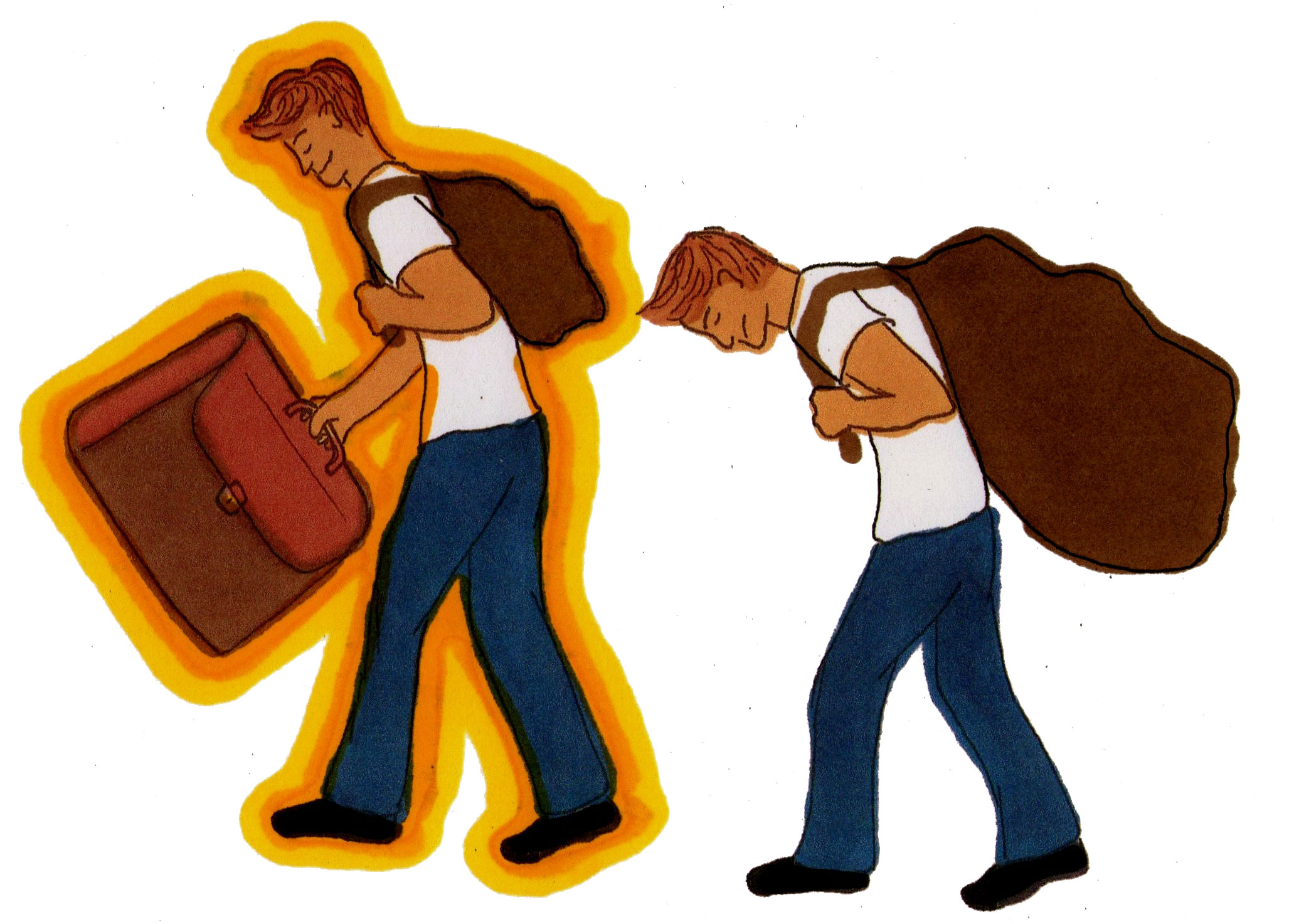As a transfer student, I’ve had to start my university life a bit more focused on my career than freshmen. More than a year of political science coursework later, and I’ve primarily done research and written papers. Although some of the those skills are useful, I don’t think many of us plan to be writing essays for a living.
But the civic engagement minor has, during the first four weeks of this quarter, done more to help me prepare myself for post-college life. That’s more than I did in my entire first year at UCLA.
Minors like civic engagement and accounting employ an experiential teaching style, where the courses directly translate into potential activities you’d undertake at your job.
Yet only one such service-learning course is being taught under the entire wing of the College of Letters and Science this quarter.
If the university wants to give students a better chance at getting a job, it would be wise to set up more service learning courses.
“There is a body of research that suggests adults learn best by combining well-structured, organized experiences (in service learning) with curriculum,” said Kathy O’Byrne, the faculty chair for the civic engagement minor.
As it stands now, majors at UCLA do not prepare us to enter the real world ““ they prepare us to be perpetual students.
Although academic departments have a responsibility to help the large amount of students who wish to take the GRE, MCAT or LSAT, they also have a responsibility to help students who have no interest in continuing in academia.
The civic engagement minor, in particular, allows students to go hands-on in the Los Angeles area, usually working for a nonprofit organization.
Taking a service learning course is a chance for students to stand out from the crowd and connect the theory of what they’re learning to the practice out in the world, O’Bynre said.
As part of my classes for the minor, I’ve gotten some hands-on experience which I doubt I would have gotten in any other class.
I’ve canvased for signatures, petitioning to instate fairer laws for the lesbian, gay, bisexual and transgender community.
I’ve seen firsthand how the inside of a congressman’s district office is run.
Every major and minor at UCLA would benefit from offering at least one service learning course ““ it’s a resume booster that’s worth academic credit to boot.
In fact, O’Byrne, who’s also the director of the Center for Community Learning, said service learning “is enormously successful in the departments that have adopted this teaching strategy for their majors, and we get consistently great reactions.”
If I end up getting a job in politics or government straight out of college, I have my minor courses to thank for it.
The lack of job training provided by most majors is not limited to the social sciences.
“The economics and business classes really haven’t helped me figure out what I’ll be doing with my life,” said Timmy Liu, a fourth-year business economics student with an accounting minor.
Liu added that his accounting minor has been much more helpful, since it has classes that directly prepare students to become a certified accountant.
UCLA needs to make sure that its majors properly prepare students to be employed in a chosen field outside of the cloistered world of academia.
Until that day comes, we’ll continue to have majors that are ineffective preparations for the non-academic world.
Thinking of minoring? E-mail Zymet at pzymet@media.ucla.edu.
